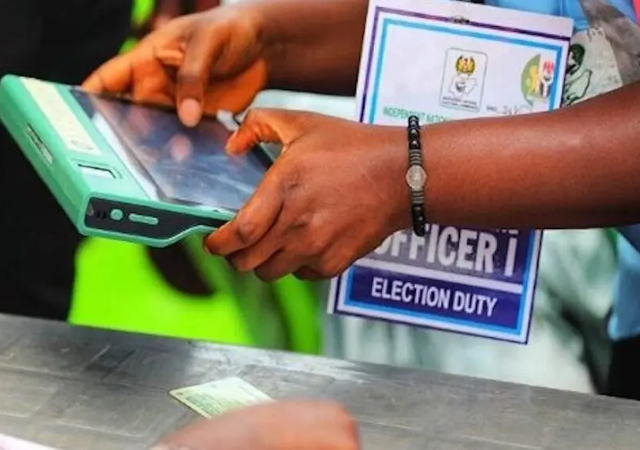
To avoid the confusion, procedural errors, poor reporting, and disregard for the observers’ code of conduct that have plagued recent elections in the nation, election stakeholders have called for increased education for election observers.
According to them, during the elections in 2023, the majority of civil society organizations handled their interactions with Nigerians poorly, which sent out the wrong message about the credibility of the electoral system.
These were among the conclusions reached at the end of a two-day post-election review meeting for civil society organizations (CSOs) that was organized by the Peering Advocacy and Advancement Center in Africa (PAACA) in coordination with the National Orientation Agency (NOA).
The stakeholders stated in a communique they signed at the conclusion of the meeting that the goal of the reflection meeting was to conduct a thorough assessment and introspection of the role civil society organizations played in the electoral process, identify challenges encountered, highlight noteworthy observations, commend commendable practices, and formulate recommendations that will strengthen the integrity and inclusiveness of future elections in the Nigerian context.
“Even though there was a sizable media presence, reports of biased reporting and the spread of false information brought attention to the need for media outlets to uphold their duty to the public to provide accurate information. Additionally, it demonstrated how CSOs and the media encouraged citizens’ mistrust, which was regarded as a fundamental gap, according to the communique signed by Monday Osasah, chairman of the communique drafting committee.
The communique made note of the difficulties faced by election observation groups, including indications that most CSOs were not concentrated on any particular electoral niche, which might have compromised the nation’s general commitment to election observation.
The text of the statement is as follows: “Weak Observation Spread: The challenges to cover a wide range of polling units further undermined the outcome of reports fueling fake news on social media platforms and raised concerns about the manipulation of public opinion.
The stakeholders recommended, among other things, that the civil society organization institutionalize open communication with their observers as a magic bullet to get rid of political and neo-eugenics influence.
Concerning the methodology of election observation, the stakeholders recommended strengthening it in order to ensure the validity of the process and reports regarding the electoral process, as well as the significance of their participation.



